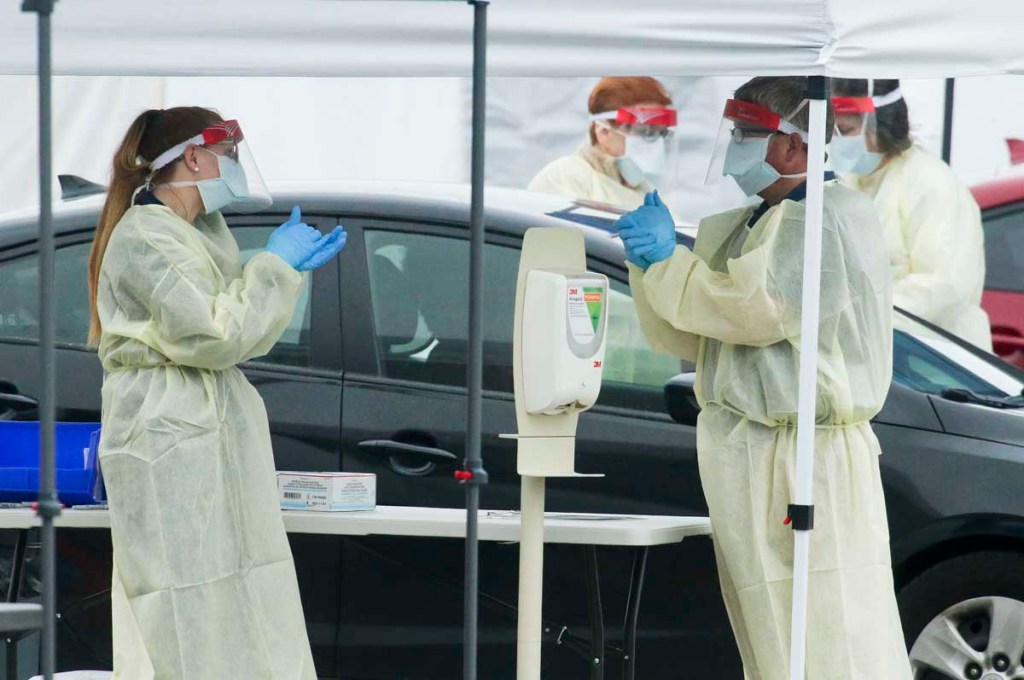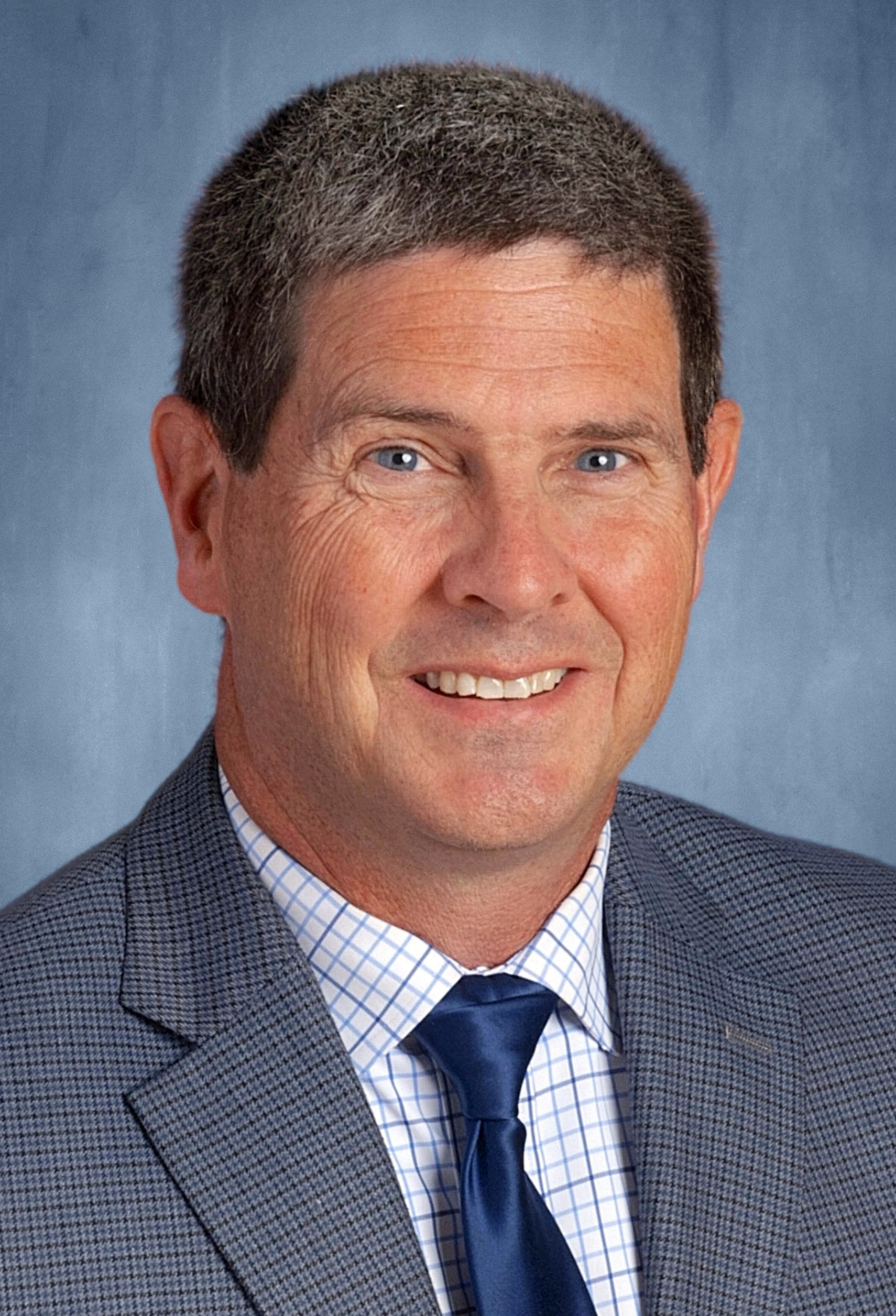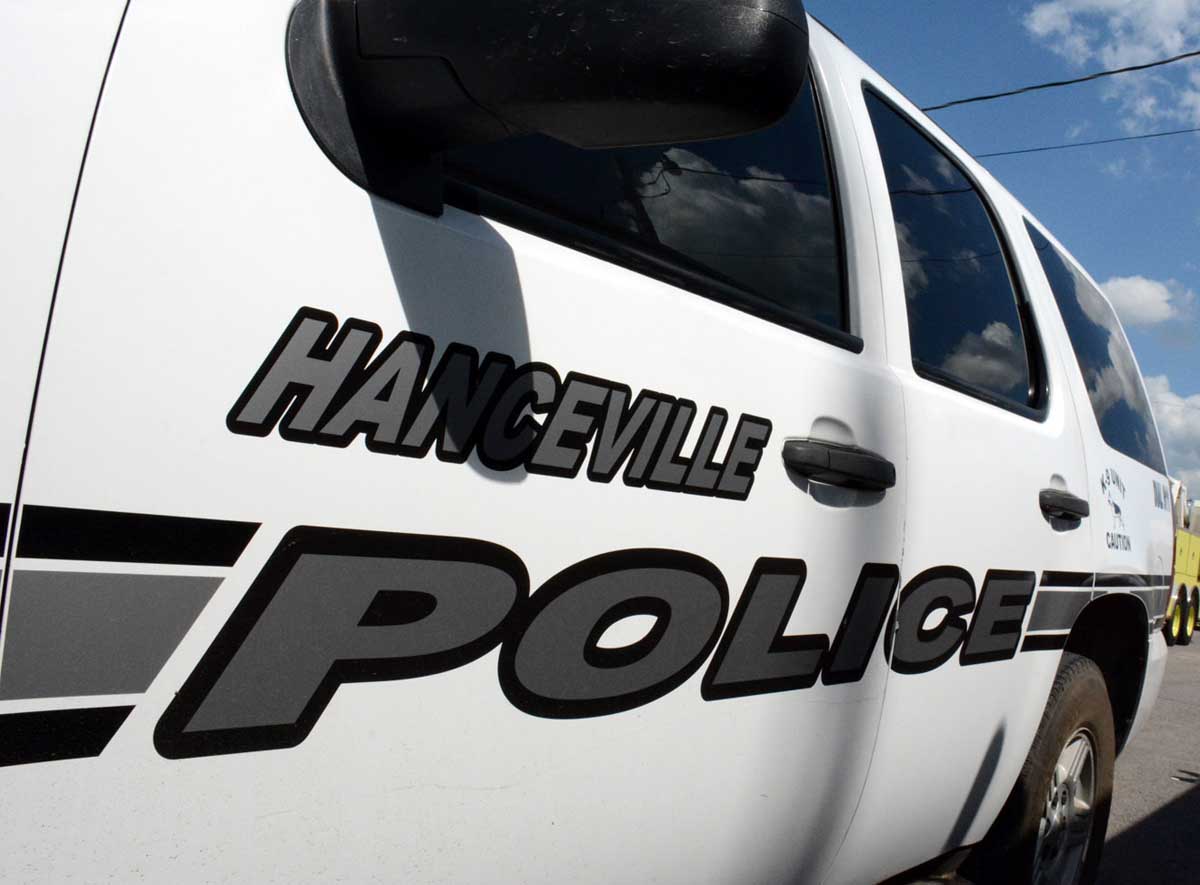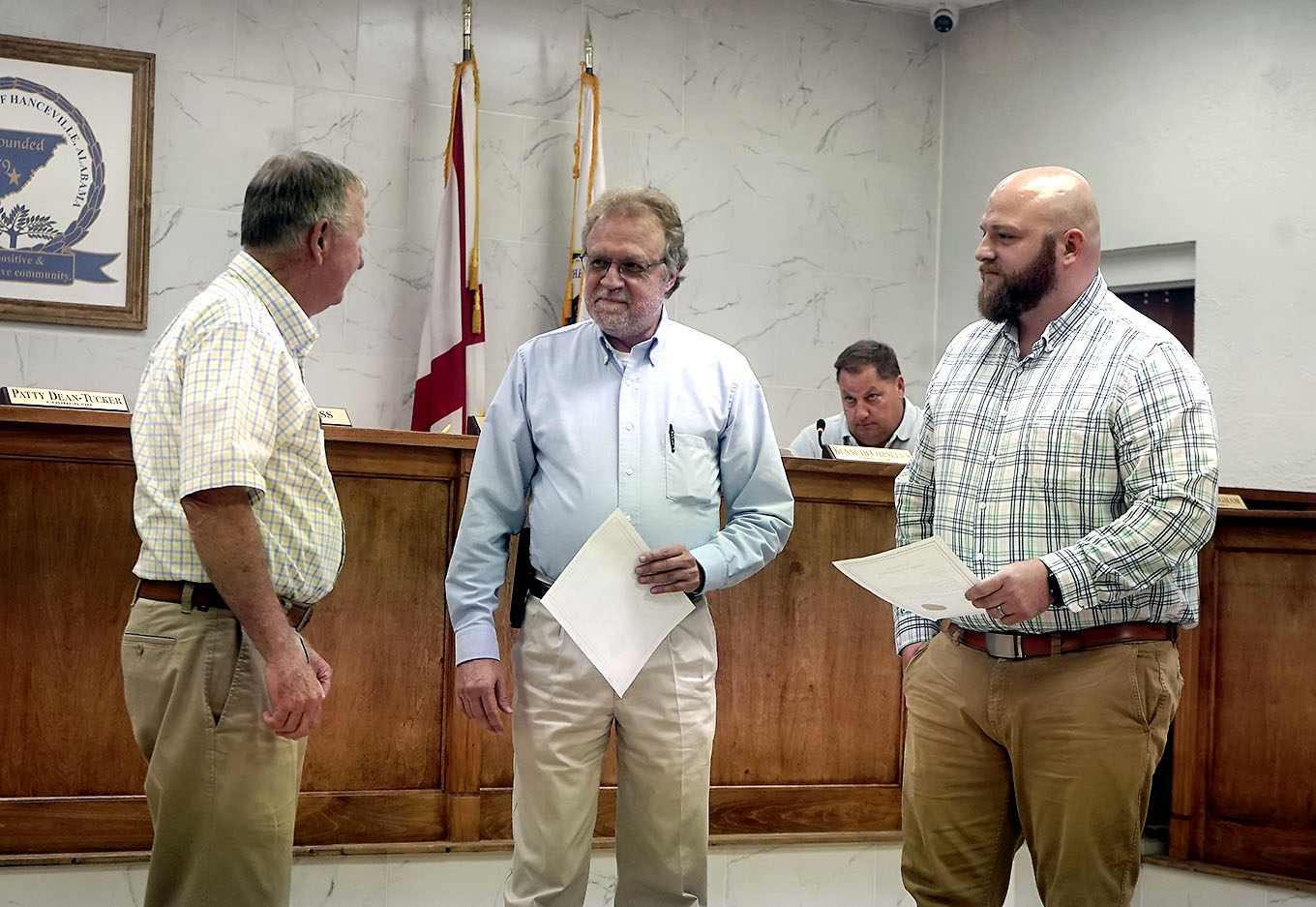(Video) ‘We gotta get a grip’: Experts say don’t let anxiety derail COVID-19 response
Published 5:00 am Friday, March 20, 2020

- DCH Regional Medical Center opened a drive through testing facility for the Covid-19, the disease that is caused by the new coronavirus, Monday, March 16, 2020, in Tuscaloosa, Alabama.
Snapping at the kids? Yelling at the dog? Feeling unsettled and irritable? It’s likely you’re suffering from anxiety and that, says a clinical psychologist with University of Alabama at Birmingham, is a “normal and expected” reaction to all the changes and unknowns we’re facing from the novel coronavirus.
“Anxiety is normal and expected,” said Dr. Josh Klapow. “You have to ask yourself, ‘what am I anxious about?’”
Trending
The perception, he said is that people are “freaking out over the illness. But that’s not what they’re anxious about. They’re anxious because everything around us is changing.”
Every day brings new information on the disease and additional closings and restrictions on society. It’s that uncertainty that people are reacting to.
“The anxiety is not just that ‘I’m going to get sick.’ It comes from the rapid nature of the pretty extreme measures were taking,” said Klapow.
Alabama Public Health officer Dr. Scott Harris addressed the anxiety people are experiencing in the state briefing on Monday. “We certainly understand there’s a lot of anxiety, there’s a lot of uncertainty out there,” he said. “Many people are unsure of what’s happening and what’s coming next, this is a very fast-moving situation. But I do want to remind Alabamians that you do absolutely have the power to protect yourself and your family. The normal self-distancing items we’ve been mentioning for several weeks now are what you can do. In fact, it’s actually the most you can do. It’s the most anyone can do. Please remember to practice good hygiene, wash your hands, avoid crowds, and certainly remember to stay home if you’re sick.”
While communities in the U.S. have previously experienced school closings, cancelations of events and directions to socially separate, this is the first time the entire country is experiencing this. “This is every state. That’s fundamentally different,” said Klapow. And with the information and restrictions being changed daily, it adds to the feeling of instability.
“The rules and the guidance are changing and we’re taking each rule and guidance as if its the definitive one,” he said. Instead, we need to accept that there will likely be more restrictions and more changes.
Trending
Anxiety is what is driving some people to clear out grocery store aisles and others to rebel against the restrictions, he said. People getting tested for COVID-19 when they don’t have symptoms or haven’t been to an infected country or around a person with the disease is another example of people acting out of anxiety.
Klapow said it’s important to remember why we’re experiencing these extreme changes and being asked to distance ourselves. “We are doing this not solely to protect ourselves. We’re doing this to protect ourselves, the people around us and the people in our community.”
This mindset of communal care is not typical of the American culture. “We’re okay taking care of ourselves, but we’re not very good at taking care of others, that’s not our culture,” he said. “We are used to not having to worry about much in terms of somebody else’s health.”
When people don’t follow the suggested distancing recommendations, more restrictive rules are put in place. On Thursday, for example, the state mandated expanded restrictions placed on six counties to the entire state. The restrictions include prohibiting bars and restaurants from serving food or drinks on-site for at least a week and closing all private schools and childcare centers with 12 or more children.
“What people are doing is, they’re going from ‘I want a deadline, when is this going to be over?’ to ‘This is never going to be over,’” he said. But we have to remember that while we may not know how long these conditions will last, they are temporary, he said. “If you and I would do what we’re told, it will be more temporary, it will be shorter.”
He suggested that people focus on creating personal stability amidst the instability.
“We should be asking ourselves why we feel anxious. By asking the question, it’s easier to expel the anxiety,” he said. “Ask yourself why you are anxious and try to stick to the facts.” He advised separating emotions from what you know to be true, and not giving in to “what if” thinking.
“Most of us know how to calm our selves when we feel anxious,” he said. “Think of all the things you normally do to ground yourself.” Walking, praying, mediating, petting the dog or cat are all examples of ways people deal with stress.
“Our anxiety is constantly getting spun up because of all the announcements and restrictions,” he said. So if it’s once a day, twice a day or more frequently than that, people need to be aware of their anxiety levels and do those things that help bring anxiety down. “You’ve got to calm yourself down to a level place,” said Klapow.
The benefit of managing anxiety isn’t limited to the individual, it also impacts the community, he said.
“Your anxiety affects everybody,” he said, pointing in particular to panic buying and people stockpiling toilet paper and people lining up to get tested when they don’t need to.
“We gotta get a grip, people,” he said. “We’ve got to do what we need to do to make ourselves more stable.”
Among his suggestions:
Deliberately doing the things that lessen your anxiety: exercising, praying, visiting with friends electronically, reading, spending time with your pets, etc.
Create a new normalcy within this new situation: plan out your day, set a schedule and create a new routine. “Those kinds of routines help us keep going forward,” he said.
Remember that what we’re being asked to do – social distancing – is not that difficult.
“I can promise you if you do these things, you’ll be in a better place,” he said.
Finally, people should not be afraid to reach out for help. “If you’re saying ‘I’m fine,’ but in the quiet of the night, you’re saying ‘I’m not fine,’ then do something about it,’” said Klapow. “There are lots of people like me out here to help people with that.”
“Don’t pass judgement on yourself on how anxious you have to be to call. Just call someone.”
Above all, said Klapow, “My message to people is don’t let your fear about what might be, which is not likely to be, put us in a position where we’re at that greatest fear.”





